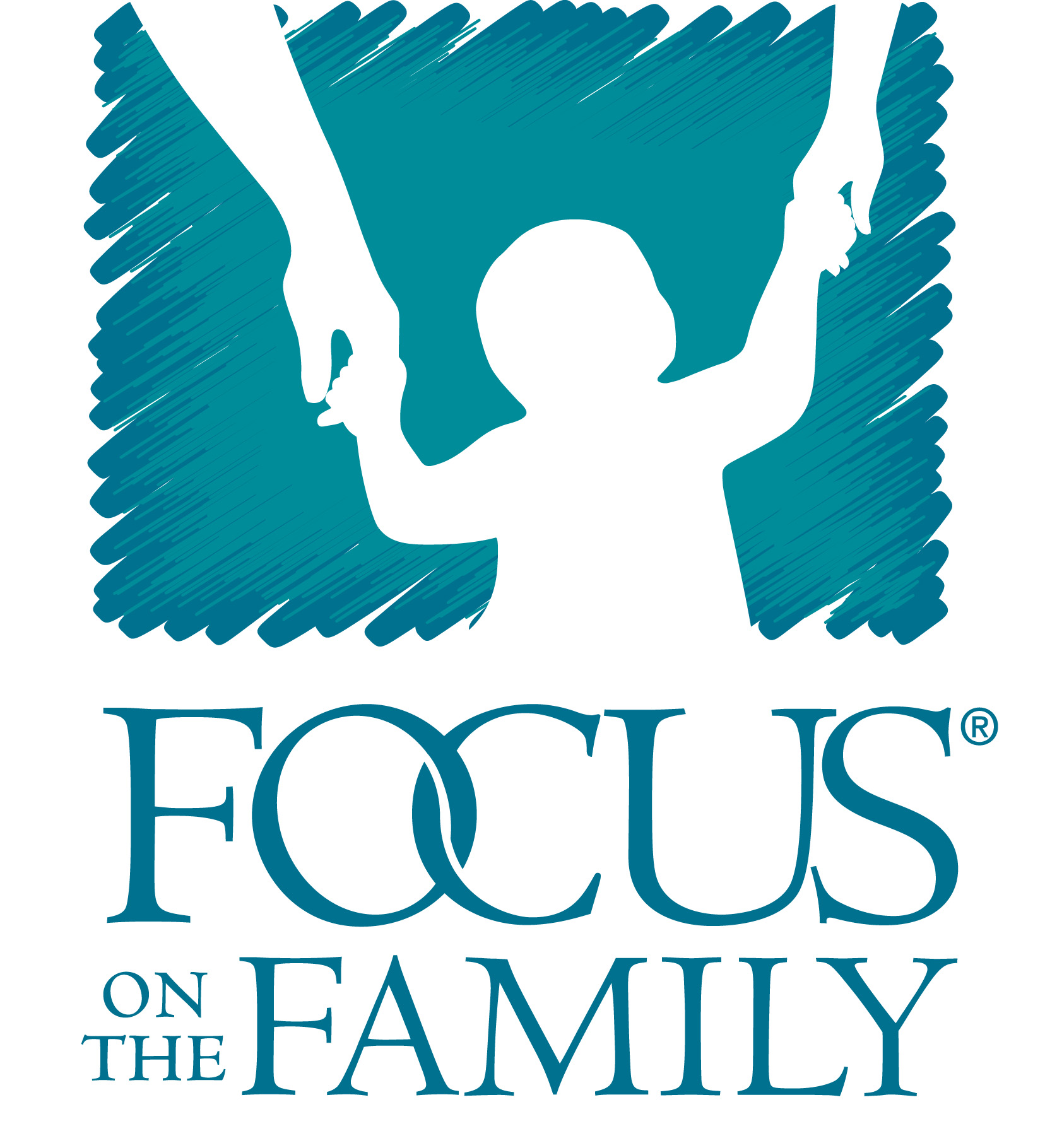While attending seminary, I was working full-time. Add to that a chaplaincy rotation and an internship at a church. I was busy. When my father visited me, he said, “You’re going to have a breakdown.” I shrugged off his warning thinking he was of another generation, and he didn’t understand goal-setting.
I didn’t have a breakdown. But I did experience a very rough, dry season in which I fell into depression. Since then, I’ve learned to listen to warnings—especially from loved ones—more carefully.
That’s what Moses did. He was diligently working, serving as Israel’s judge (Exodus 18:13). Yet, he chose to listen to his father-in-law’s warning (vv. 17–18). Jethro had a different perspective than Moses. He wasn’t in the thick of things, but he loved Moses and his family. Perhaps that’s why Moses was able to listen to Jethro and heed his advice. Moses set up a system for “capable men from all the people” to take on the smaller disputes and he took the more difficult cases (vv. 21–22). Because he rearranged his work, listened to Jethro, and entrusted others to shoulder the load, he was able to avoid burnout during that season of life.
Many of us take our work for God, our families, and others seriously—passionately even. But we still need to heed the advice of trusted loved ones and to rely on the wisdom and power of God in all we do.
Source: Our Daily Breat
 Focus on the Family
Focus on the Family